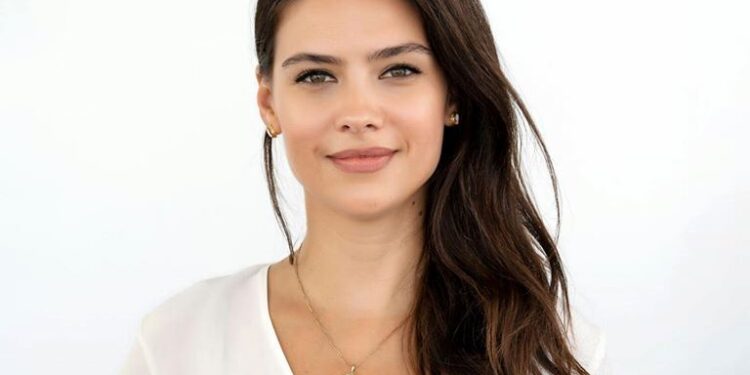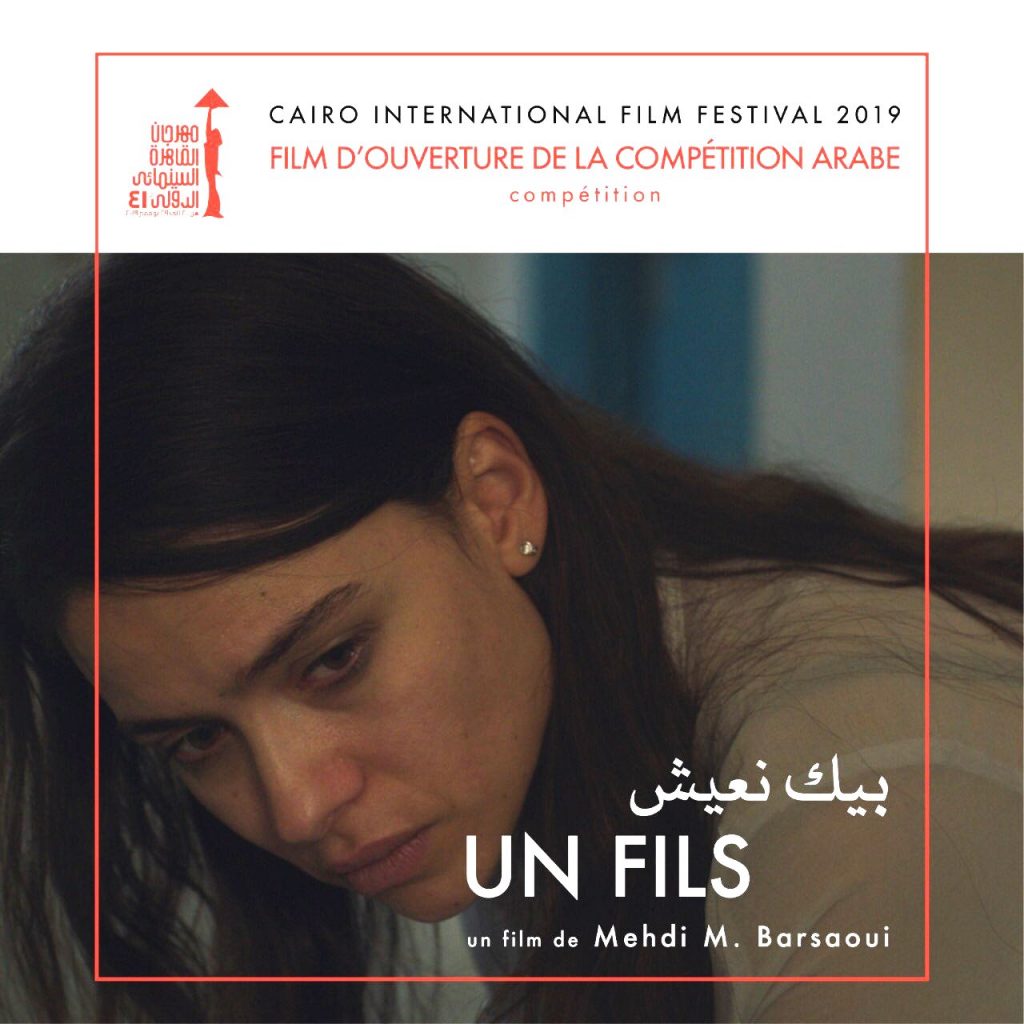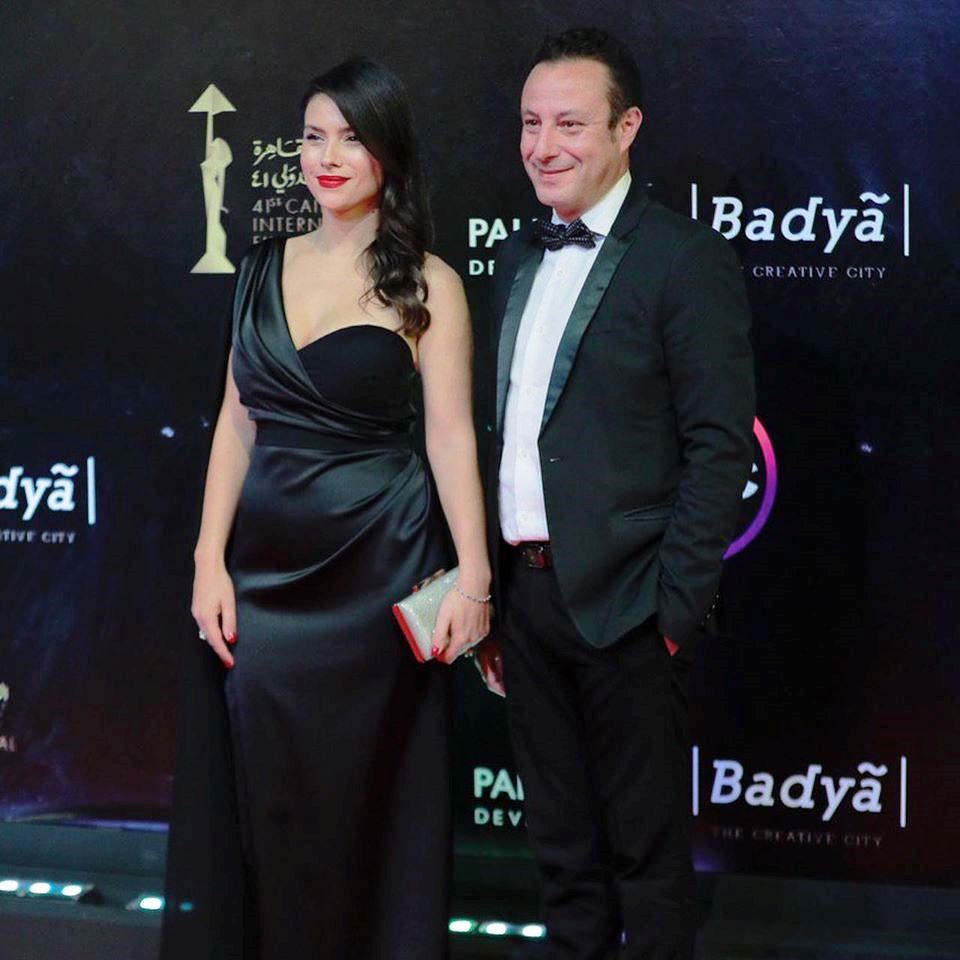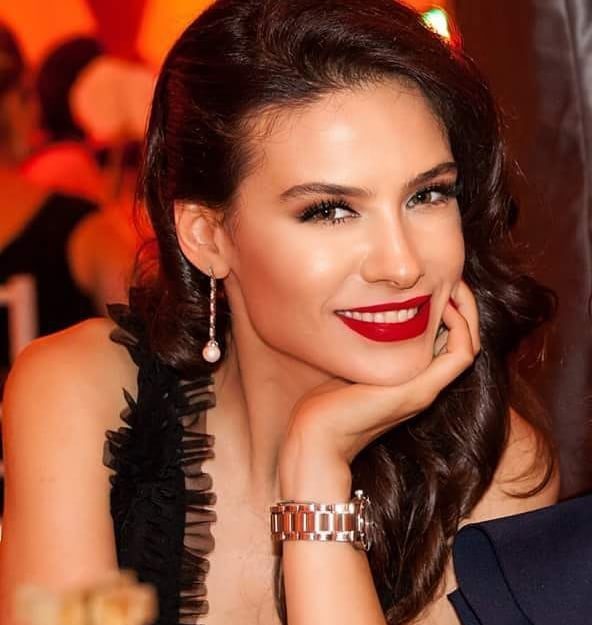The film A son by Mehdi Barsaoui was in competition at the last edition of Cairo International Film Festival (CIFF) which took place from November 20 to 29, 2019. He had been The opening film of the competition Arab cinema horizons,, In gala projection (or with red carpet) attended, in addition to director Mehdi Barsaoui and the main actress Najla Ben Abdallah, producer Habib Attia and the president of Ciff Mohamed Hefzy, several actors and professionals of Egyptian and foreign cinema and a large audience who came to discover this new Tunisian film.
Without judgments or moral preaching, A son Access many delicate questions and invites profound reflections on various subjects, mainly on the family, but also on our society and our humanity. He knew how to touch the Egyptian public as well as well who made it a subject of discussions for the duration of the festival, That the members of the various juries which awarded him three prizes: the special price of the Salah Abou Seif jury, the UNFPA Prix (United Nations Population Fund) and the price of the best Arab film, all sections combined.
The film A son, at the opening of the Horizons competition of Arabic cinema.
Najla Ben Abdallah, who plays Myriam, the main female role, was also in Cairo, the opportunity to ask her a few questions about the film.
Is this the first time that you have attended the Cairo International Film Festival? What do you think?
Yes, this is the first time that I have attended the CIFF and besides the first time that I have visited Egypt. I had previously been invited to the El Gouna festival, but I hadn’t been there. I absolutely wanted my first visit to Egypt to be made with a film. Fortunately I was able to realize this dream and I am very happy.
I think CIFF is a big festival. In addition, I was able to meet actors and actresses that I saw on TV and in the cinema when I was young. I admit that I was really impressed by these Egyptian stars that I loved and envied so much and that I looked at when I was a child. I grew up with them, with their films and their soaps.
To find myself overnight in such a festival, in addition with a film and which has had good echoes, is very rewarding and very flattering. I am really very happy to have attended the CIFF, especially since with the film team we were very well received there.
What do you think of the reaction of the Egyptian public?
Honestly at first I was afraid, because we, the Arab-Muslims in general, are a little rigid and hard compared to emotions, we are not an easy-to-reach public. We are more in the deduction. So I was stressed. But after the screening, I had good echoes, and it reassured me. In reality, when we are true and sincere, we reach everyone, even the most difficult people or those who do not easily show their emotions. So what happiness when I found that the Egyptian public interacts with the film. The spectators cried, applauded … They liked it. We were really able to reach them. And this was confirmed with the three prizes that the film won at this festival.
A son Talk about family relationships, couple, children, adultery … and denounces inequalities between women and men on several levels. For example, our Tunisian society makes the difference between man’s infidelity and women’s infidelity. However, contrary to what we are used to seeing in Arab films, in “a son” this adulterous woman is not judged. For what ? What do you think?
It is true that Tunisian society makes the difference between the infidelity of the man and the infidelity of the woman. But I think it’s the same everywhere. Not just in Tunisia, or even in the Arab-Muslim world. In the West it is the same. In France, Italy, Egypt, Tunisia, Ethiopia or Senegal, it is the same thing, we tolerate that a trumpet man, but we blame a woman who deceives. Of course, it is possible that this is to different degrees: in France less than in Italy, in Italy less than in Tunisia, in Tunisia less than in Egypt, in Egypt less than another country … But it is always the same look compared to women, it is not specific to Tunisians, it is not specific to the Arabs, it is not specific to Muslims, it is thus in the whole world.
I think that in this film, the woman is not judged for the simple reason she assumed. She assumed his wrongs and generally when the human being assumes what he does, he is respected for this. This is what happened with Myriam. She made a fault, perhaps unforgivable, but she really assumed her mistakes and did not try to flee her responsibilities. This is why we respect it, we do not judge it, we do not have the right and that is what Mehdi tried to transmit, I think, of the spectators who have understood it and are rather in compassion, they are not at all in judgment.
Have you not been afraid of this role?
The truth, no, I was not afraid of this role. On the contrary, for me it was a very interesting role and I absolutely wanted to be part of this great experience. An actor is never afraid of a role because he always wants to accept a challenge and would like to explore new tracks. I knew that this film would be difficult because there is a lot of emotions, but it was like a challenge to take up.
This is a role that I really liked. From the moment when Mehdi Barsaoui had told me about it. I saw myself. I knew it was a very serious role and would require very important involvement. It is not the kind of film that we tackle lightly, you really have to get involved and be completely in it to be able to pass to the public what the character feels and what the director wants to transmit.
Tell us how you were chosen to play Myriam?
How did I have been chosen? Mehdi Barsaoui called me, he showed up. I knew him as a reputation. He offered to spend a casting, I accepted, as I always do anyway in the hope of finding a film that would suit me. But I admit that at the beginning, as I was often disappointed, because I was called for unimportant roles, or for TV series, I listened to it distractedly. But little by little I really hung. Then I asked him for what role he wanted me. He replied for the role of Myriam. I was leaning against my seat, suddenly, I straightened up attentive. And there we started talking.
Mehdi tortured me during the camera tests we have done, but I’m very happy to have worked with him. He is a very good man. Same regarding Habib Attia (the producer), who was very caring with us.
I am also very happy to have worked with Sami Bouajila. I admit that at the beginning I was afraid of him, I feared that he was playing the star and wasting time with whims, but I was very pleasantly surprised to discover a very generous and very professional person who brought me so much and learned.
Najla ben Abdallah and Habib attracted on the CIFF red carpet
I found that several Egyptian spectators were very disappointed to learn that the bill on equality in the inheritance was not voted in Tunisia. And you personally, are you for or against this inheritance equality?
This is a question that should not be asked, because I find that there is no difference between a man and a woman, but really none. On the contrary, I think that the woman is much superior given her physical endurance. Without forgetting that she gives life, and assumes until the end. We rarely find women who abandon their children, on the other hand, the dads make children on the right and on the left and do not always assume. It is rare for a woman to abandon her husband because he is sick, or because he is poor, however, many men leave their women because they are sterile, or sick or simply because they think they have found better.
I too am disappointed that this law has not been passed. But I tell myself that it is up to us to make sure it is. How ? By changing mentalities, the law will eventually follow.
Parents must be convinced that their sons and daughters are the same and must have equal shares and that there is no reason for one to have a more important part than the other. Nowadays, boys and girls do the same studies, and then adults, men and women work similarly. So I do not see where the difference is and what would justify that he has a greater part. I do not even understand that we say that the woman has a husband who supports her needs. What if she doesn’t want to get married? Should we therefore force women to get married so that they are taken care of by a man? No, no.
In the film, we denounce retrograde laws several times. Do you think that a film can help change mentalities and laws?
Yes of course. I think that a movie can change a lot. When you see viewers leaving the room after seeing A sonwe see that they are not in the judgment of Myriam. They say it is a film full of emotions. It is a true film, which speaks of a true couple and true feelings. Without falling into melodrama. And this sincerity of your touched people. This is how they push them to think and see things differently.
I think cinema in general is for that. For me, it is a trigger to change things, laws, defend causes … It at least allows us to understand, without judging. For example, we no longer say “this woman deceived or this man deceived”, but we try to understand why they did, because there are elements and circumstances that we do not know and we cannot judge things that we do not know. Yes, I think, a film can change mentalities and even help change laws.
I hope, for example, that this adultery law which condemns the unfaithful to five years in prison will be repealed. Why would the state interfere in people’s privacy? What is it mixed with? It is not normal. I think it is very very serious that following a quarrel or a couple problem, we find ourselves before the courts or in prison. I find it inappropriate.
Another example, the father is always the only tutor of minor children and alone has the right to make decisions concerning them, while the mother who carries them for nine months is excluded from the decision. For what reasons? It is also a text that should be repealed.
Najla Ben Abdallah
What are your future projects? Are you currently shooting a new film? If so, can you tell us about it?
There I am in full filming the soap opera AWLED MOUFIDA For next Ramadan.
No other film in sight currently. It is not easy to come across a good scenario.
Sincerely, when a film is made as A sonand I’m really proud to be part of the family of this film, it is difficult to accept anything. I think it becomes a responsibility towards oneself and towards spectators. It is therefore necessary to present them with a job that is at least the same level, if not better. So I’m waiting for the right scenario and the right time. And as there were Mehdi Barsaoui, there will be other directors, young, not so young, and even old, who will offer me such important and also touching scenarios.
I think the story ofA son is a universal story that affects everyone, everywhere, regardless of religion, nationality, color … myself by turning this film, it moved me a lot. He cannot leave indifferent. Me, who is very family, after the film, I realized, even more than before, that the family is very important. May God preserve our children and our families. The family is a safe bet.
So yes, I hope a new film, but which is as touching asA son. It will come, but I don’t know when or where.
Neïla Driss
Read on the same subject:












